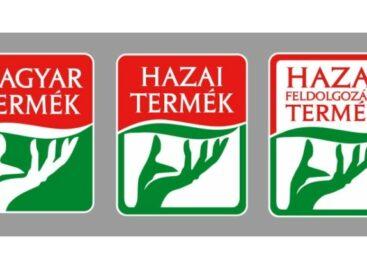The forint is very strong
The forecast prepared by GKI Economic Research Co. in co-operation with Erste Bank shows that this year both the internal and external equilibrium improve significantly and the Hungarian economy gets out of the „hole”.As a
result of the deteriorating European business environment the
industrial exports and production slowed down, while the contraction
of the of the branches serving the domestic market is diminishing due
to slackening decline of the domestic demand. In the first five
months of 2008 the industrial production was 6.9% higher, the output
of the construction industry 12% lower than in the corresponding
period of the previous year. The growth of the exports is faster than
that of imports; in the first five months of the year the exports
were 400 million euros higher than the imports. The number of people
employed decreased, the unemployment rate is 7.6%, which is better
than at the beginning of the year, but higher than a year ago. Retail
trade turnover decreased by 2.1%.
Due to the good
agricultural production the GDP is expected to grow by approximately
3%.
In the first five months of 2008 the gross average
earnings of full-time employees were 195 700 forints, the net average
earnings 120 500 forints. The gross average earnings increased by
7.9%, the net average earnings by 7.2% – compared to the
corresponding period of the previous year. Within this the growth of
net earnings was 8.9% in the competitive sector and 4.1% in the
budgetary sector. In the latter one the new system of the 13th
month's salary is reflected as well. All in all the decline of the
real earnings in the national economy as a whole slowed down month by
month and the average of the first five months was 0.3% higher than a
year earlier. Within this there was a 2% increase in the competitive
sector and a 2.5% decrease in the budgetary sector. In the year as a
whole we expect the real earnings to increase by an approximately 2%
in the competitive sector and stagnate in the budgetary sector.
In
June 2008 the consumer prices increased by 0.1% compared to the
previous month and the twelve month index decreased from 7% to 6.7%.
The food prices showed a mixed picture. While the price of meat
products increased by 3.3%, the price of fruits and vegetables
decreased by 7.3%. The average food prices decreased by 0.4%. The
price of clothing and other consumer goods somewhat moderated. The
fuel prices increased by further 2%. The group of products the price
of which increases is growing. In June the core inflation decreased
only to 5.8% (from the 5.9% in May) that projects a modest slowdown
of inflation. In 2008 as a whole a 6.5% price increase is expected,
the year-end inflation will be around 5.5%. At the same time the
price of food and household energy will increase by more than 10%.
In July the forint strengthened considerably. The
strengthening was due to the high central bank base rate and high
interest rates of the government papers; although the speculation,
the improving financial assessment of the region and the improving
external and internal equilibrium also played a role. In the coming
months some weakening of the forint is expected. There may be some
uncertainty and even significant weakening if the minority government
will have difficulty in preparing the 2009 budget. The adoption of
the budget may bring strengthening again, while an eventual rejection
may lead to further weakening.
Related news
Related news
What do shoppers say about the new retail tools?
At the beginning of the year, Consumer Panel Hungary GfK–YouGov asked panel…
Read more >Special foods ranking: 1. Diabetic, 2. Low-carb, 3. Lactose-free
Different special diets and foods are frequently discussed, and it…
Read more >Community in the community
The recent MasterWorks business workshop of Hungarian Product Nonprofit Kft.…
Read more >




